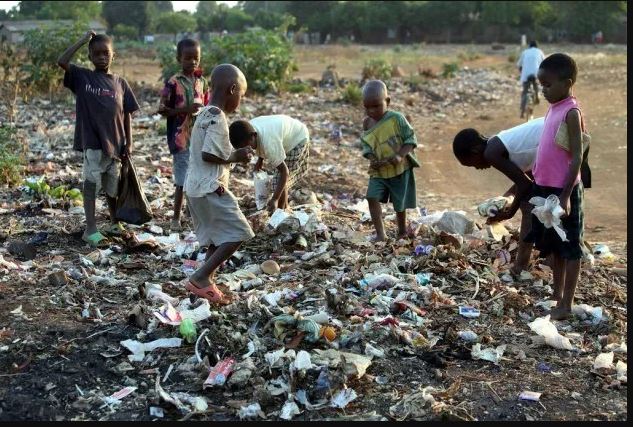World Bank officials list obstacles to reducing poverty levels by 2030
By Jeph Ajobaju, Chief Copy Editor
Efforts by Nigeria to reduce poverty levels are being hampered by multiple factors, including the pandemic, inflation, trade policy, population growth, and the Russian-Ukrainian war, according to experts at the World Bank.
Economists Jonathan Lain and Jakob Engel said in a post on the blog of the World Bank that the plan by Nigeria to rescue its citizens from poverty by 2030 faces a serious challenge.
Long before Covid, the noted, four in 10 Nigerians (80 million) had been living below the national poverty line.
“The global pandemic, rising inflation, and ongoing uncertainty related to the war in Ukraine – combined with relentless population growth – have made Nigeria’s poverty-reduction goals more challenging than ever.
“Trade presents one vital – but often untapped – pathway to poverty reduction,” they said.
“Through its effects on investment, technology transfer, and competition, trade can help growth-boosting job creation, increasing domestic value-added, and reducing the price of goods that Nigerians buy along the way. All of these effects may contribute to reducing poverty.
“Yet trade may have different impacts on households depending where in the country they live, what jobs they do, and whether they are rich or poor: even if trade leaves people better off on average, some households could lose out. Trade has two types of direct price effects on households’ wellbeing.
“First, trade policies determine the prices for products that households need to buy. Second, trade policies influence households’ income-generating activities, by changing the prices of goods that they produce.
“There are also important indirect effects; for example, trade can alter the mix of jobs – and the earnings in those jobs – that are available in the economy by increasing private investment but also exposing domestic firms to international competition.”
__________________________________________________________________
Related articles:
World Bank says 82.4m Nigerians now deeper in poverty
$30b World Bank food project to benefit Nigeria, others
Nigeria’s food inflation stoked by imports, forex hassles
__________________________________________________________________
Impact of Nigeria’s trade policy
Many policies limit trade in Nigeria and “the country is not unique in this regard, as protectionist policies have been on the rise the world over and the ongoing war in Ukraine could intensify this,” Lain and Engel said, according to reporting by Nairametrics.
“Throughout the past two decades, import bans, tariffs, and foreign exchange restrictions have all curbed the flow of goods into Nigeria.
“These restrictive policies culminated in Nigeria closing its land border for more than a year in August 2019. Nigeria is also currently negotiating the terms of its participation in the African Continental Free Trade Agreement (AfCFTA); therefore, discussions of trade policy are very topical.”
Considering the direct price effects on consumers first, the economists found that all Nigerians purchase at least some of their food, so protectionist policies that increase food prices could reduce their purchasing power and their living standards.
This issue, according to them, is especially important given the impact of the war in Ukraine on food price inflation.







